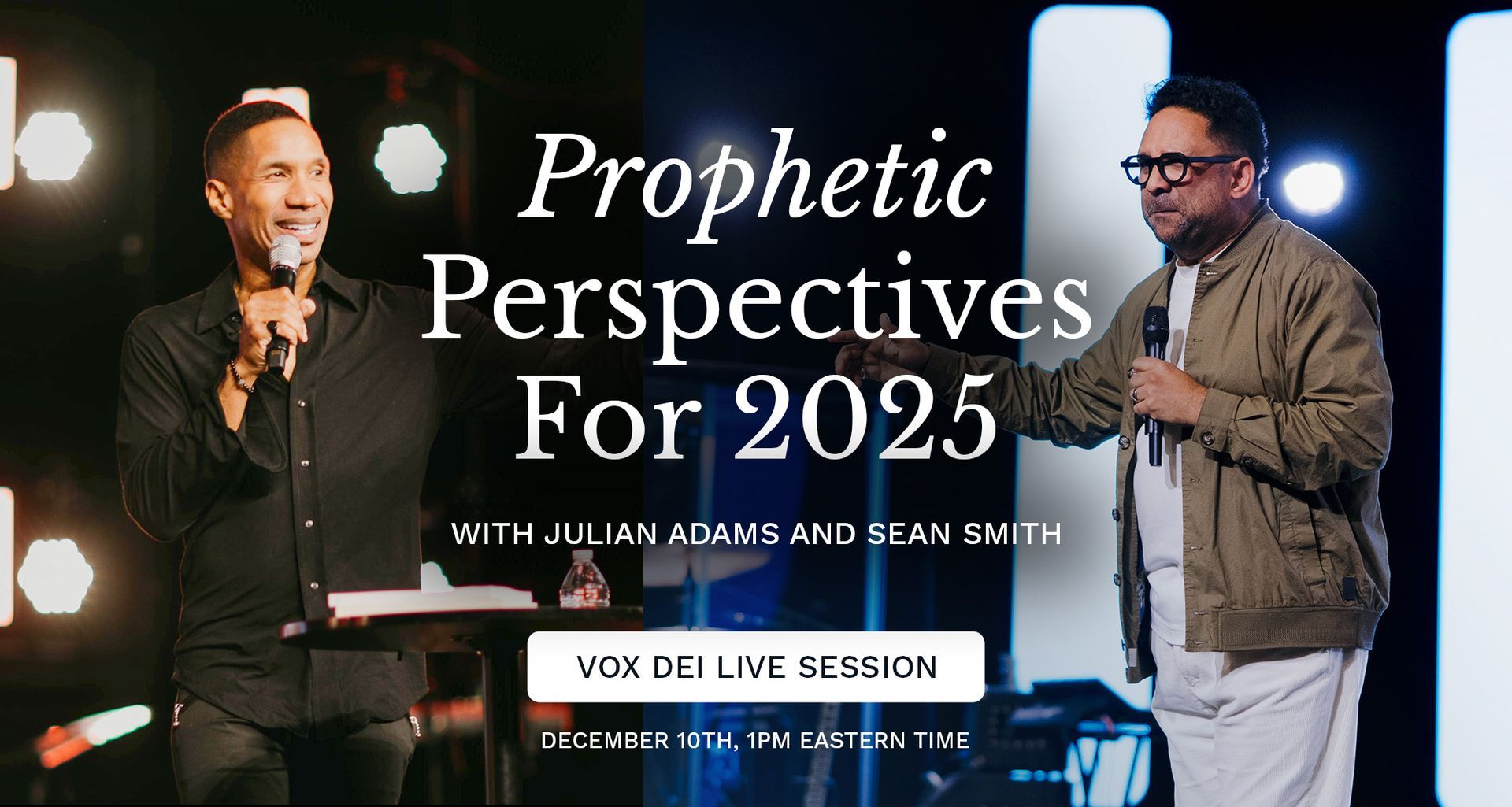By Julian Adams
•
July 17, 2024
Rejection is a powerful force that can shape the trajectory of our lives, often in ways we don't fully realize until much later. For me, this journey began in childhood. I was born with a cleft palate, which affected my ability to speak, and coupled with my passionate devotion to Jesus, I faced daily ridicule and rejection throughout my school years. My speech and my fervent faith made me a target, and I found myself isolated and misunderstood. Despite the rejection, something beautiful began to grow within me: a deep and abiding friendship with Jesus. Through profound encounters with the Lord, I began to walk in the prophetic. This newfound gift led me to public ministry, where I started releasing prophetic words. However, beneath the surface, I was carrying an immense amount of pain that I hadn't dealt with. This pain manifested as a lifestyle of performance, driven by the need for acceptance and validation. Though I was a new creation in Christ, I was living as if I were still bound by my old wounds. In Matthew 23:27-28 (MSG), Jesus describes the Pharisees as "manicured grave plots, grass clipped and the flowers bright, but six feet down it's all rotting bones and worm-eaten flesh. People look at you and think you're saints, but beneath the skin, you're total frauds." These words struck a chord with me because I realized I was living like a professional Pharisee. Outwardly, I appeared to have it all together, but inside, I was disconnected from the healing process that God wanted to take me through. This disconnect had a significant impact on my prophetic ministry. My words, especially those concerning sin, were often harsh and unkind, reflecting my damaged perspective of myself and the world. It wasn't until I began to address my heart issues that my approach to the prophetic truly changed. God started speaking to me about the connection between my gift, my performance, and my worth. Through this process, He took me back to moments of pain and difficulty from my childhood and even into my adult life. In one profound moment, God said to me, "Son, I want you to grow up and be a child." This statement might seem paradoxical, but it revealed a crucial truth: the posture of the kingdom is one of childlike fascination and trust. My journey into sonship transformed how I viewed the prophetic and how I ministered to others. No longer driven by judgment and legalism, I began to approach people with love, kindness, and the heart of the Father. Understanding my identity as a beloved child of God allowed me to see others through His eyes. This shift not only brought healing to my heart but also enabled me to minister more effectively and compassionately. Rejection and pain had shaped my early years, but God's love and healing power brought me to a place of wholeness. This journey has taught me that dealing with our heart issues is essential for authentic and impactful ministry. As we pursue wholeness, we open ourselves to deeper intimacy with God and greater effectiveness in serving His people. If you find yourself struggling with similar issues of rejection, pain, or performance, I encourage you to invite God into those wounded places. Allow Him to heal and transform you, just as He did for me. Embrace the posture of childlike wonder and trust, knowing that you are deeply loved and valued by your Heavenly Father. In this place of wholeness, you will find the freedom to live and minister authentically, reflecting the heart of God to a world in need.









